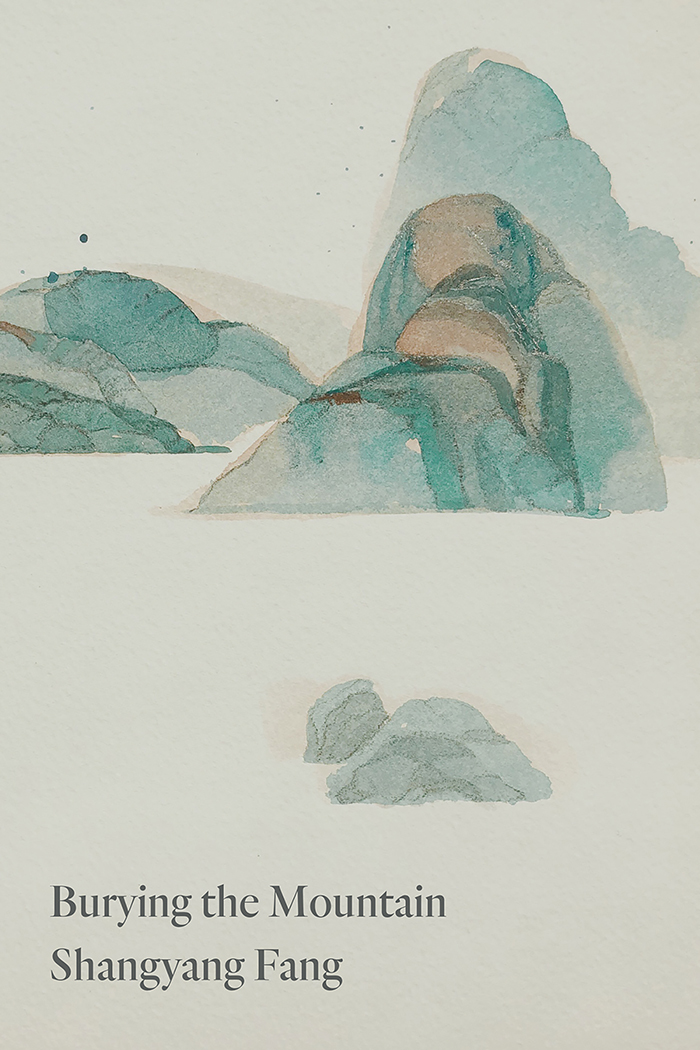
In Shangyang Fang’s debut Burying the Mountain, longing and loss rush through a portal of difficult beauty. Absence is translated into fire ants and snow, a boy’s desire is transfigured into the indifference of mountains and rivers, and loneliness finds its place in the wounded openness of language. From the surface of a Song Dynasty ink-wash painting to a makeshift bedroom in Chengdu, these poems thread intimacy, eros, and grief. Evoking the music of ancient Chinese poetry, Fang alloys political erasure, exile, remembrance, and death into a single brushstroke on the silk scroll, where names are forgotten as paper boats on water.
ISBN: 9781556596148
Format: Paperback
Reviews
“There’s a music and lyricism to his poetry and he has something to say.”—Joy Harjo, Boston Globe
“The poems in Burying the Mountain are characterized by a wild ekphrastic stream of consciousness, with Shangyang Fang narrating under the influence of classical music, opera, and Baroque and avant-garde painting, while reinventing myths and fairy tales.” —Poetry Foundation
“This collection is all about transformation, almost anthropomorphism. Loneliness becomes the vulnerable openness of language. Absence turns into fire and snow. Eros, grief, and intimacy are the connecting threads between these poems, written in English while always keeping lyricism and musicality of Chinese poetry.” —Book Riot
“Shangyang Fang has proceeded to craft a poetry collection of startling passion and exquisite sensitivity, leveraging a deep well of artistic knowledge and an ear for striking sonic arrangements to do so. Though he never quite arrives at sought-for resolutions to these inner and outer conflicts, it’s in the search that Fang locates his most fruitful materials, and from which he emerges as one of the strongest new voices in contemporary poetry.” —Landon Porter, Cleveland Review of Books
“Shangyang Fang’s debut Burying the Mountain is impressive. The relentlessly inquisitive spirit of Fang’s poetic consciousness is as comfortable with Beethoven and Being and Time as with the Song dynasty and The Heart Sūtra.”—International Examiner
